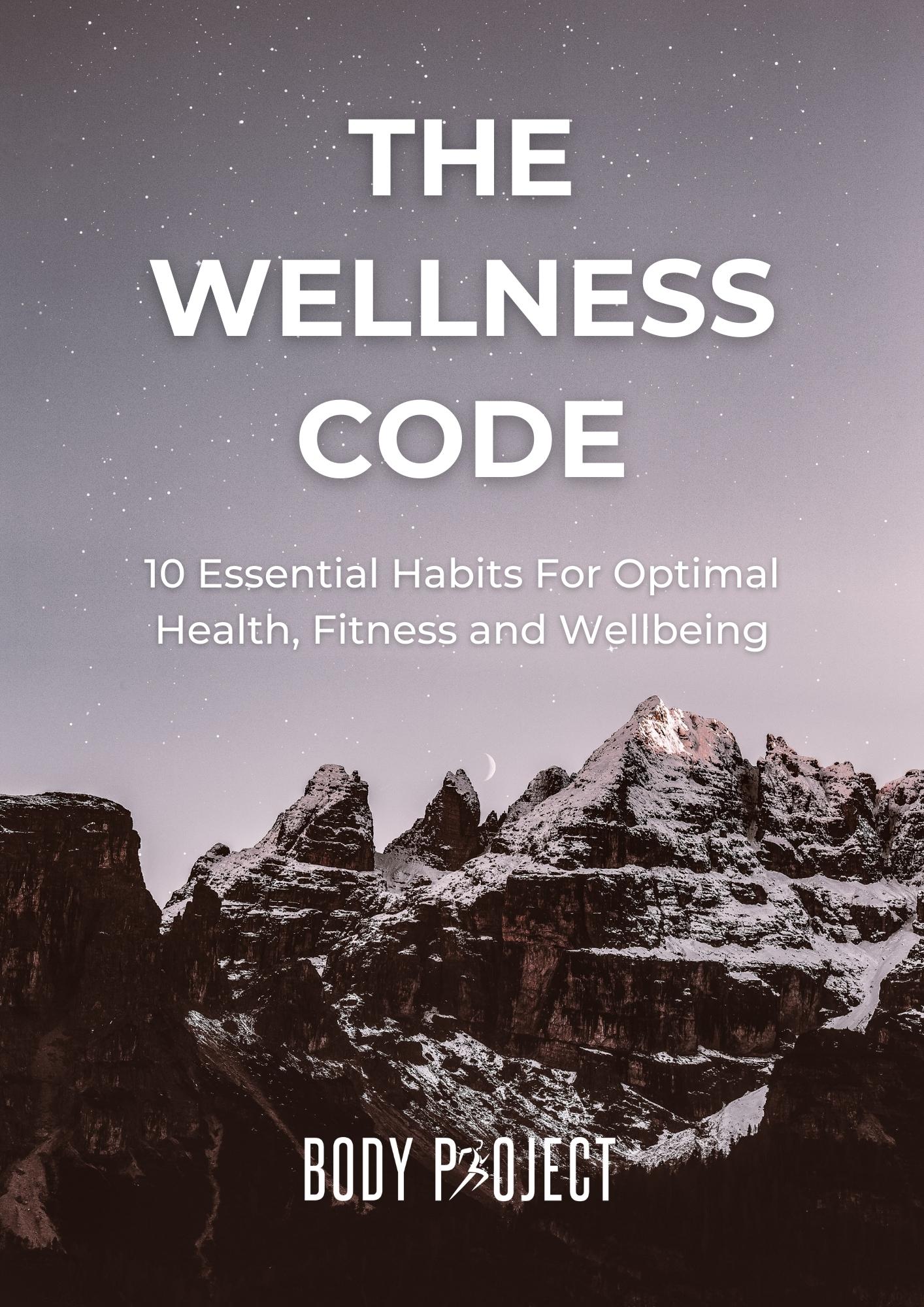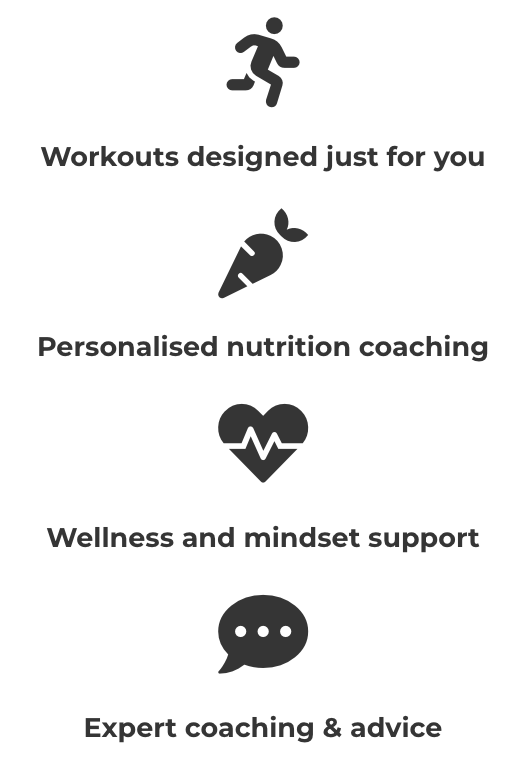What Is Emotional Resilience?
Emotional resilience refers to our ability to respond constructively when faced with challenges or crises, and cope emotionally with life’s ups and downs. Resilience isn’t about ignoring or avoiding problems - rather accepting risk & uncertainty and then managing issues appropriately as they arise.
This article describes resilience and how it can be built, with tips and processes to help you develop your emotional resilience.
TLDR:
Skip straight to the practical advice in this article using the links below.
Why Is Emotional Resilience Important?
Resilience is a learnable skill which transforms how we respond in challenging situations. It empowers us to be rational, decisive, and confident to take action when needed. Without resilience we find ourselves unable to cope with life’s daily stresses, becoming easily overwhelmed, panicked and stressed. This can cause us to make poor decisions, procrastinate, and give up easily when things get hard. Resilience is gained through practise, and can be gradually built up from any starting point.
What Does It Mean To Build Emotional Resilience?
Building emotional resilience involves learning to manage stress, optimise mental wellbeing and overcome challenges smoothly. This contributes to an overall sense of healthy self-esteem, success, and enjoyment in life.
Emotional resilience is not about gaslighting yourself into believing that you can handle things alone. Sadly, this approach often brings poor outcomes because it sets an unrealistic set of expectations which crush our self esteem and motivation when we can't meet them. Building emotional resilience involves embracing & understanding our feelings - especially the challenging and painful ones - whilst managing our reactions. Accurately and honestly appraising our challenges, limitations, and difficult emotions allows us to start finding solutions.
Growth is often uncomfortable, and when we're not forced into it by circumstance we must become accountable to ourselves and our goals. Resilience isn't something we can just muster up when we're desperate. Like physical strength, it must be practised and maintained ready for when we need it.
Building resilience requires consistent effort, even when things are going well. Athletes don't stop training when they achieve personal records or win competitions - they continue training in preparation for their next set of challenges.
Benefits Of Building Emotional Resilience
Emotional resilience helps us handle adversity calmly and effectively. With greater resilience, we're able to manage crises with perspective, allowing for rational thinking and decision-making. We're also prepared to take risks, accept opportunities, and work through challenges. Not expecting things to go our way all the time allows us to be more accepting of difficult situations.
When we are resilient, we tend to maintain healthier relationships for longer. This is in part because the ability to tolerate uncomfortable interactions helps us communicate calmly and clearly. It allows us to effectively navigate conflict, consider new perspectives, and collaborate on solutions. Positive familial, work, social etc relationships are an essential factor in wellbeing.
Which Factors Build Emotional Resilience?
Life experience and focused practise build resilience in adults. As with exercise, our strength improves when we intentionally take on challenges and stretch our limits. Resilience must be consistently practised in an effective, measured way in order to build and maintain emotional strength. When we experience unexpected stress, resilience comes from the decision to learn & grow where possible, instead of allowing ourselves to be hurt and derailed (although often this can’t be avoided).
Trauma can also build resilience in adults. It’s important to remember that trauma has complex effects on the nervous system, and doesn’t always result in greater resilience. Trauma should be managed compassionately and without expectation, ideally with a qualified professional. It is possible to grow, evolve, and build resilience following traumatic experiences.
How Failure Builds Emotional Resilience
Failure often brings up negative emotions, which can make us want to avoid it. Sadly, we’re unlikely to see much progress by remaining within our comfort zones because failure is a necessary part of growth.
Our limits can only be expanded when stretched. For example, weight training increases our physical strength, and cold water therapy supports the nervous system to tolerate discomfort in a productive way through breathing and mindfulness.
In order to be successful in any worthwhile endeavour - be that exercise, relationships or a creative project - we must venture effort. Whilst this doesn’t guarantee success, we wouldn’t have a chance without trying. Unfortunately we must expect failures, barriers and mistakes on our paths. We only truly fail when we stop trying, learning and growing.
“The greatest glory in living lies not in never falling, but in rising every time we fall.”
- Nelson Mandela
Qualities Of Emotionally Resilient People
Resilience is a learned skill which requires continued effort to maintain. We must continuously make decisions that align with our personal models of resilience.
The list below outlines common qualities of resilient people, but it's not an exhaustive list. You'll notice that the qualities are interdependent, representing a cluster of resilient attitudes and behaviours. Not all resilient people display all of these qualities.
Emotional resilience isn't one thing: it's unique to each of us because as individuals we need resilience for different purposes. It's worth considering what you stand to gain from developing your resilience, and how your own personal brand of resilience might look.
Self Awareness
Self awareness is necessary for resilience, as we must be able to examine and understand our thoughts, feelings and behaviours in order to make positive changes. Self awareness requires deep introspection to establish your:
- Beliefs
- Values
- Goals
- Skills & capabilities
- Habitual thought patterns
- Habitual behaviours
- Emotional state
Continued self awareness is required to act in line with these factors as they change over time. It’s great to start with an intensive period of introspection and goal-setting, but consistent effort is required to settle into new habits. Old thought and behaviour patterns re-emerge less and less frequently as we work to replace them with new ones.
The best way to develop self awareness is through focused mindfulness practise. This may include meditation, talking therapies, journalling, or physical exercise. It’s best to combine a few practises to build resilience in a way that works for you.
Perspective
Perspective is useful when dealing with challenges, and can provide a sense of calm in stressful times. When viewed in greater context, problems often don’t feel so painful or insurmountable, and we have a better chance of resolving them.
Without perspective, it can be easy to adopt a mindset of scarcity. When we risk loss, abandonment, or betrayal for example, we sometimes use short term thinking to make poor decisions in a subconscious attempt to protect ourselves and avoid pain.
Unfortunately, pain is inevitable, although suffering is not. With greater perspective we are able to sit with and move through our pain, rather than letting it consume us. This too shall pass. Good days will come again.
Make a conscious effort to move away from fear and think in terms of abundance. There are often opportunities in challenges, and even in truly negative circumstances we can stand to learn and grow… capitalise on any opportunity to gain from a tough situation.
That way our minds work better in processing the problems, the potential solutions and managing the stress in the meantime.
One example of using perspective to create resilience in your life is by creating contingencies for yourself. A bank account with emergency savings in case you lose your job. The knowledge that you can take care of yourself outside of a relationship. The foresight to take up a habit of exercise whilst you’re still young.
Confidence
Confidence in any given situation requires you to trust in your own ability to manage that situation. When we feel skilled, worthy and capable we can show up in confidence. Interestingly, our perception of our own abilities isn’t necessarily correlated with our actual abilities. This is why highly competent people can lack confidence, and incompetent people can have lots of it.
Competence builds confidence, and it’s best to work on developing your skills as well as self-trust. Confidence is built over time by repeatedly proving to yourself that you can smoothly handle challenging situations. To build confidence, it’s important to recognise your successes and celebrate even very small wins.
Confidence is a resilient quality that enables us to make decisions and follow through with action, even when it feels hard. Without confidence, we are less likely to speak up and get our needs met/problems solved. Others lose out too, as lack of confidence makes us less inclined to share our thoughts and ideas, many of which could bring a lot of value to people.
Decision Making
Honing our decision-making skills empowers us to be proactive & assertive, in the drivers seat of our own life. Not a passenger.
Indecision usually comes out of fear of making the “wrong” choice. In reality, there’s rarely a “right” answer, and even seemingly good decisions can lead to unwelcome consequences.
To be decisive, we must practise tolerating uncertainty, trusting our knowledge & intuition, and prepare ourselves to sit with the consequences of our choices. When stuck in indecision, what’s most important is how quickly we can pull ourselves back into decisive action (even if that means choosing inaction). The best we can do is be willing to venture effort, ready to make mistakes, learn from experience, and make the best possible decisions at the time.
When making decisions, it can be useful to identify the factors within and outside of your control. Some decisions are more important than others, and so maintaining perspective can help you to make better, well-timed choices.
Assertiveness
Assertiveness is about taking decisive action considered and respectful manner. It requires effective communication and true confidence - neither of which rely on anger or aggression to have an impact. Assertiveness is a learnable skill that’s highly sought after in work and personal relationships. Assertive people are less prone to panic and don’t give up in the face of challenges. They are willing and able to be decisive and take consistent action to improve their situation, even when it’s uncomfortable to do so.
Resourcefulness
To be resourceful is to utilise whichever resources you have available, such as time, money, space, subject matter experts, or physical tools. This could involve using initiative, inventing creative solutions, and prospecting new resources. Resourcefulness requires the assertiveness to take action, request help and deploy those resources.
An essential element of resourcefulness is supporting others. Becoming a powerful resource can pay dividends in future for both you and your community. When sharing, invest your resources wisely. Connect people with others in your network who can help them. When you have more resources available, share them, and when you have less be prepared to ask for help.
How To Develop Emotional Resilience: 5 Tips
The process of building resilience is relatively simple, but not necessarily easy. You’ll need to practise self-awareness, accountability, and put in consistent effort to build new habits. Follow the steps below in any challenging situation to grow your emotional resilience.
1. Manage Expectations
It's important to understand that challenges, failures, obstacles and limitations are to be expected in life. This way we're less likely to be derailed when problems arise. What's important is how we choose to respond and navigate the issues we're faced with. Similarly, accepting that we only have a certain degree of control over any given situation can help us make better judgements and decisions. Remember that our failures don't reflect our value as people, and are often great opportunities to learn, grow and improve.
2. Venture Effort
As the adage goes, nothing ventured, nothing gained. The most crucial element in any process is action-taking, and this is where we often get stuck. Common reasons for avoiding effort are overwhelm, uncertainty, and perfectionism. By reminding ourselves that "good enough is good enough" and its's better to put out some work than none at all, we reduce our own barriers to making progress. When we notice ourselves putting off tasks, adopting a "do it now" attitude can help us take uncomfortable actions more quickly, and achieve a better result faster. Discomfort may feel like a signal to stop, but really it's a great sign that you're growing.
3. Navigate Challenges
When challenges arise, make a clear intention on which outcomes you're looking for, and how you'd like to navigate things. A calm assertive attitude is always best, which relies on your confidence in your problem-solving ability. By acknowledging our emotions, we can detach from them and assess circumstances with curiosity. We can find the best solutions when we creatively deploy resources such as knowledge, experience, assets such as money/vehicles, and our human network.
4. Learn From Failures
When things go wrong, take what lessons you can. Even if there's nothing you could have done differently, there may still be lessons you can use to improve and/or avoid future failures. Without judgement, make an assessment of the situation and identify factors within and outside of your control, things you did well, alternative actions you could have taken, and what you might do differently going forward.
5. Celebrate Successes
The most effective form of motivation comes from deep within ourselves. To become a self-motivating individual, be sure to celebrate your successes and reward yourself at appropriate milestones. Taking the time to acknowledge and feel proud of your achievements conditions your brain to take on those same challenges more readily in pursuit of further reward.
For best results, work with a professional such as a life coach or a qualified trainer. You'll skip trial and error, learn what you need to know, and see faster progress with expert guidance. Click here to schedule a free, no-obligation life coaching consultation.
Authors: Melody Coleman & David Reeve
Search Posts
Free Download
Popular Posts
Discover Online PT
Read More Helpful Articles
Subscribe For New Post Updates
Receive new posts, special offers, discounts, plus exclusive content that we only send out via email.
Don't miss out!







